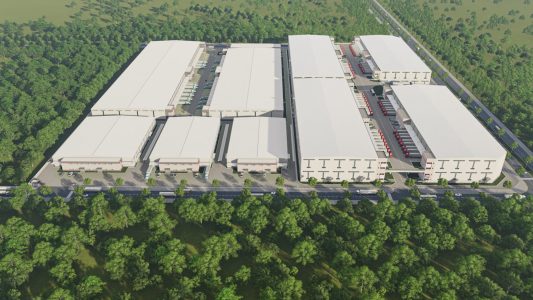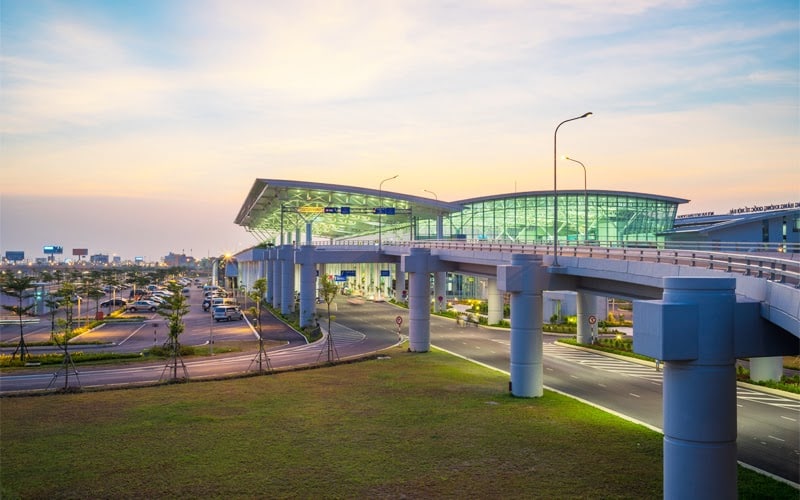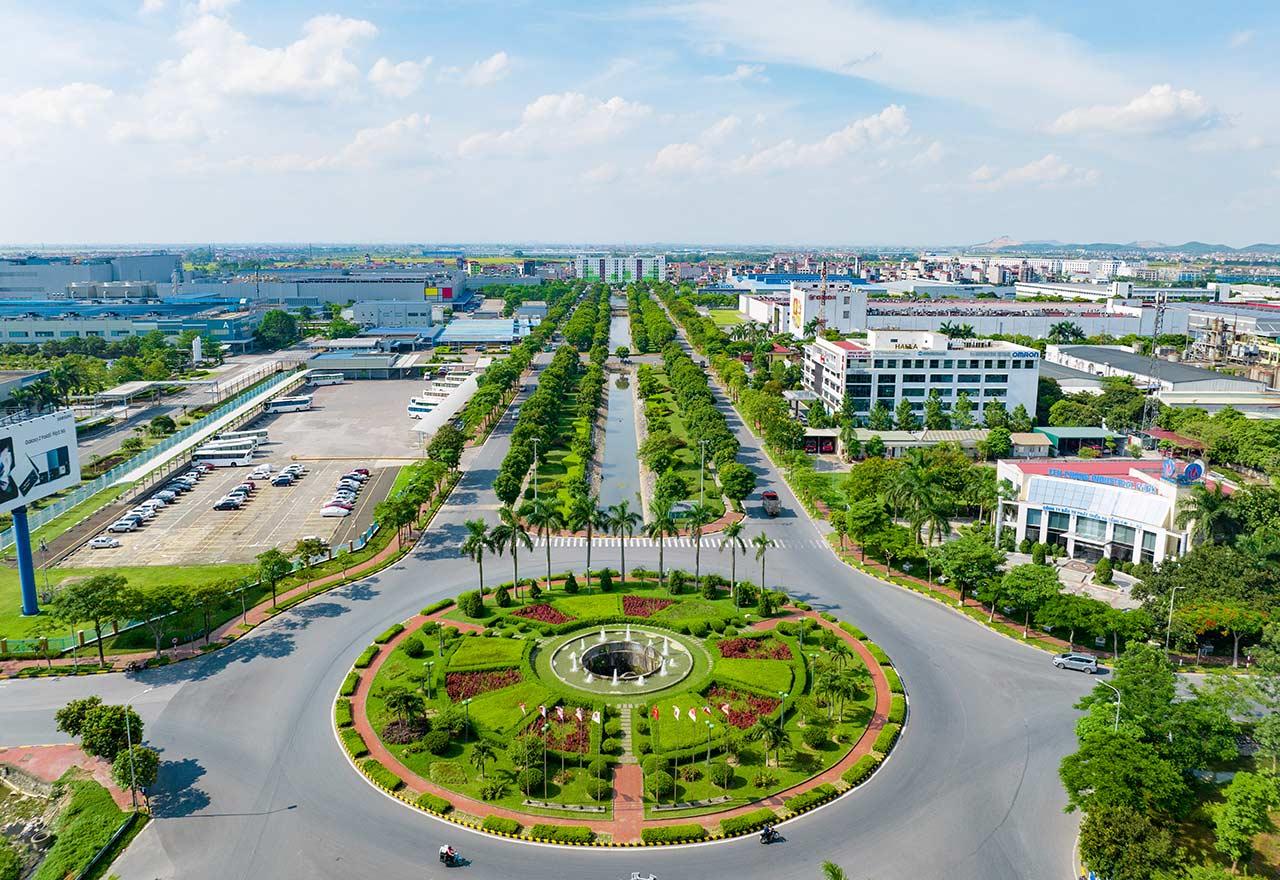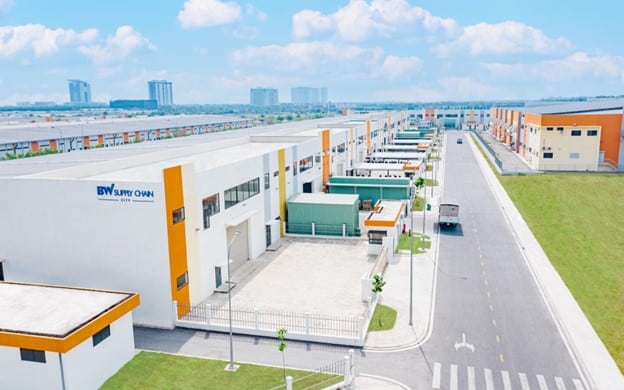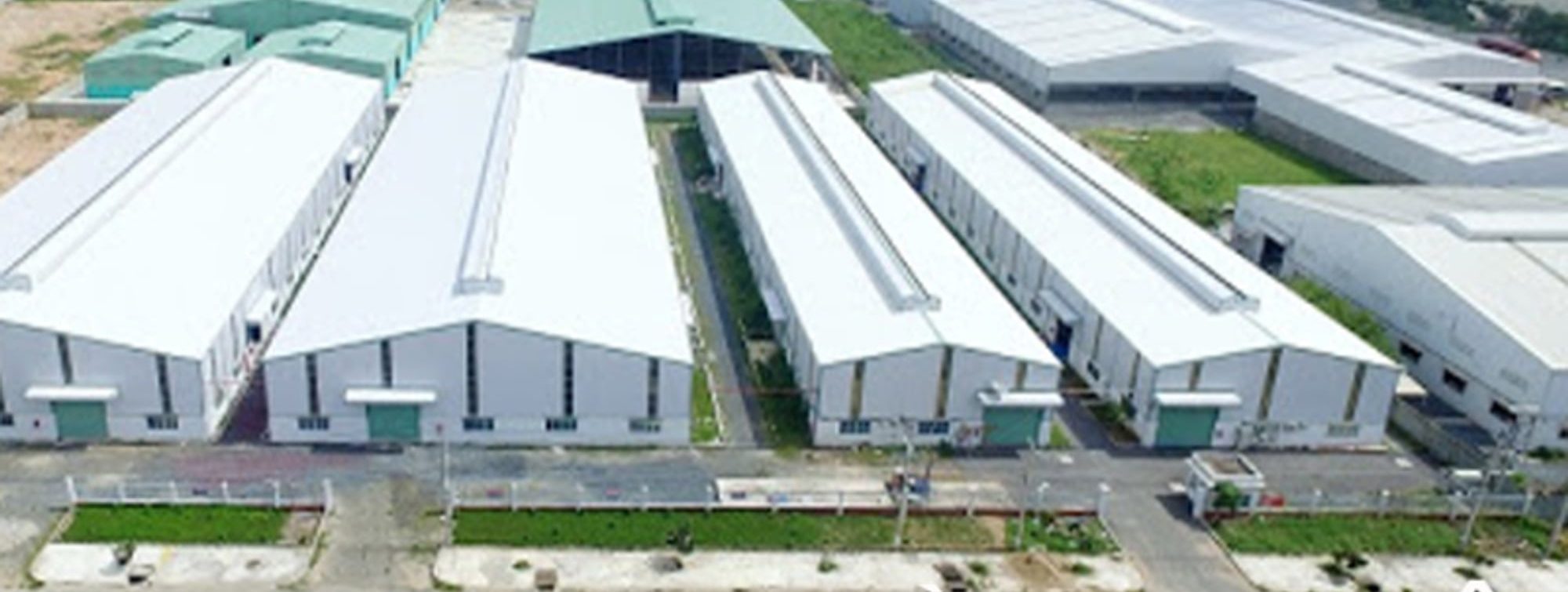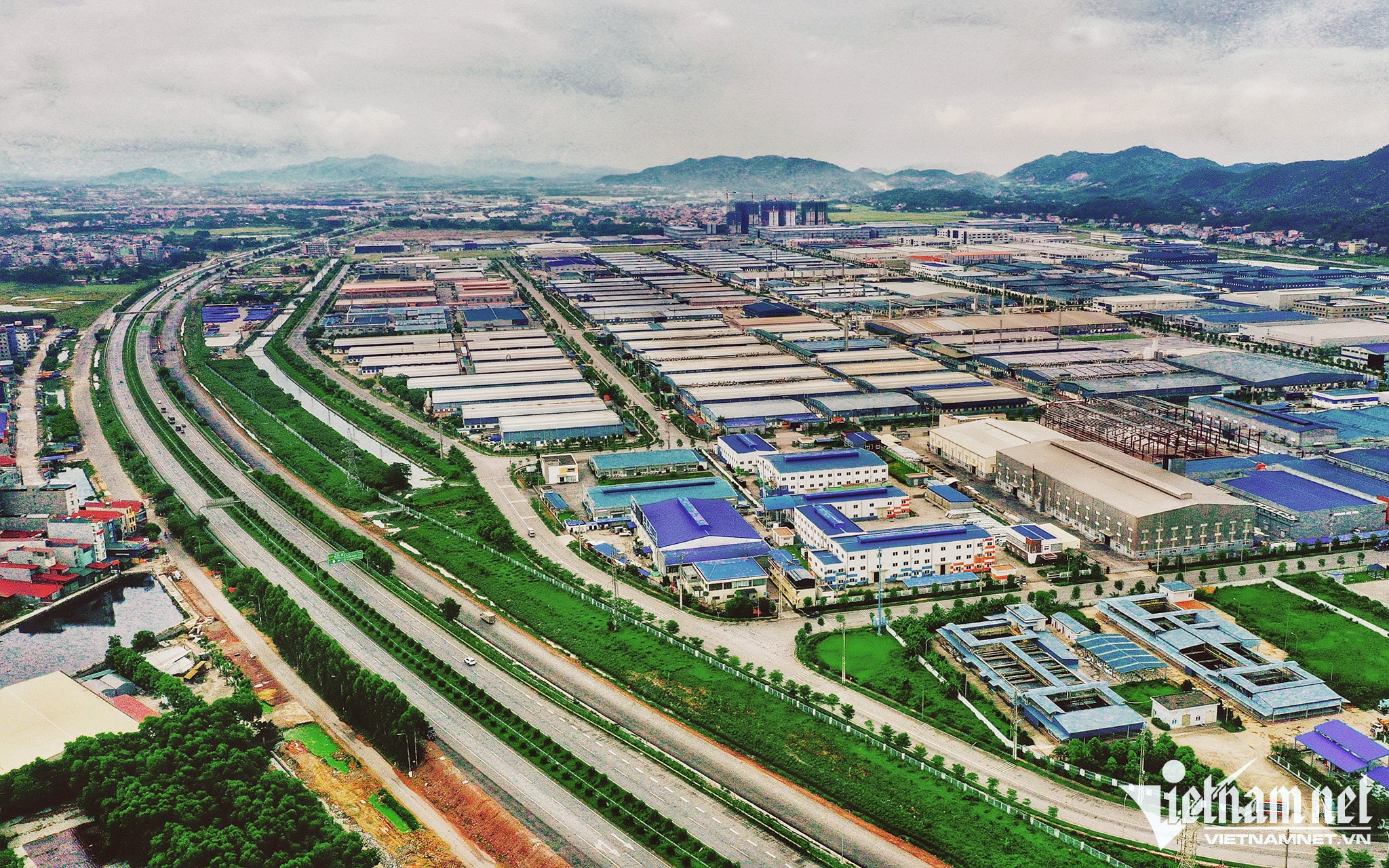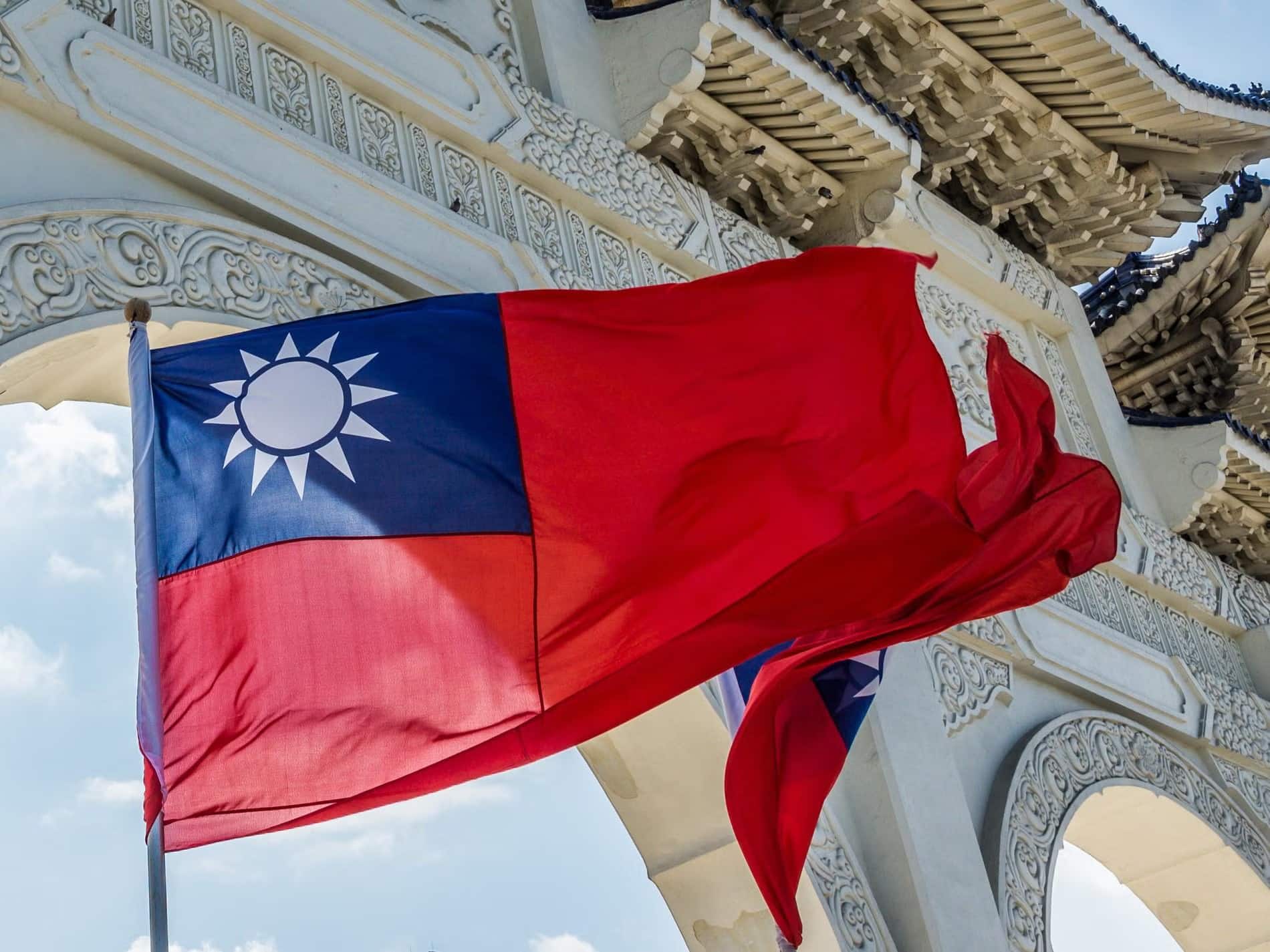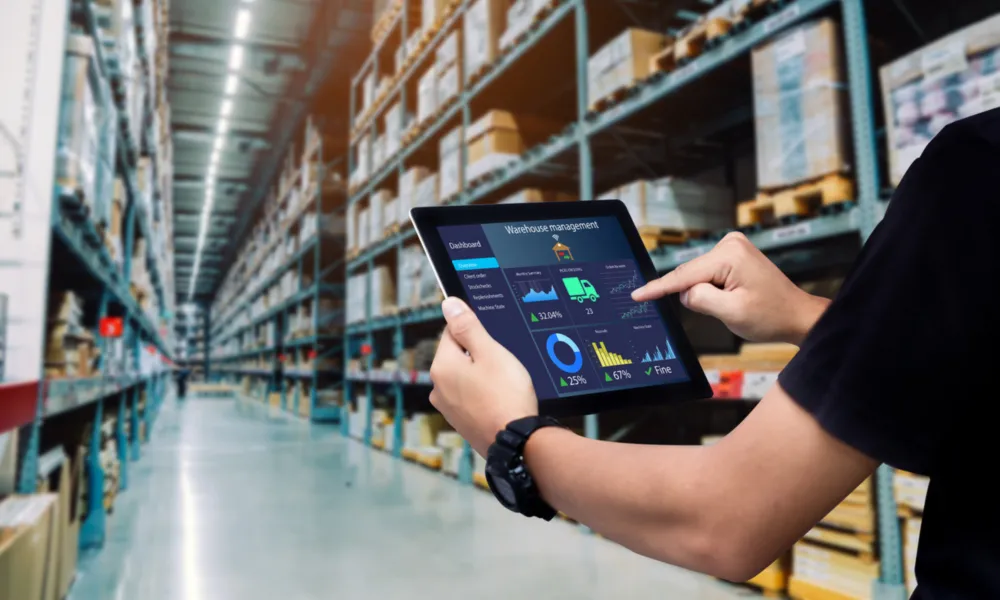Are you considering investing in real estate abroad but unsure of where to start? Look no further than Vietnam, a country with a growing economy, a stable political climate, and a favorable investment environment. In this article, we’ll explore the ins and outs of buying land in Vietnam and provide you with everything you need to know to make an informed investment decision. So, whether you’re a seasoned investor or just getting started, let’s dive into and discover why buy land in Vietnam could be the perfect opportunity for you.
Investing in Vietnam – An Attractive Destination with Continous Growth in FDI
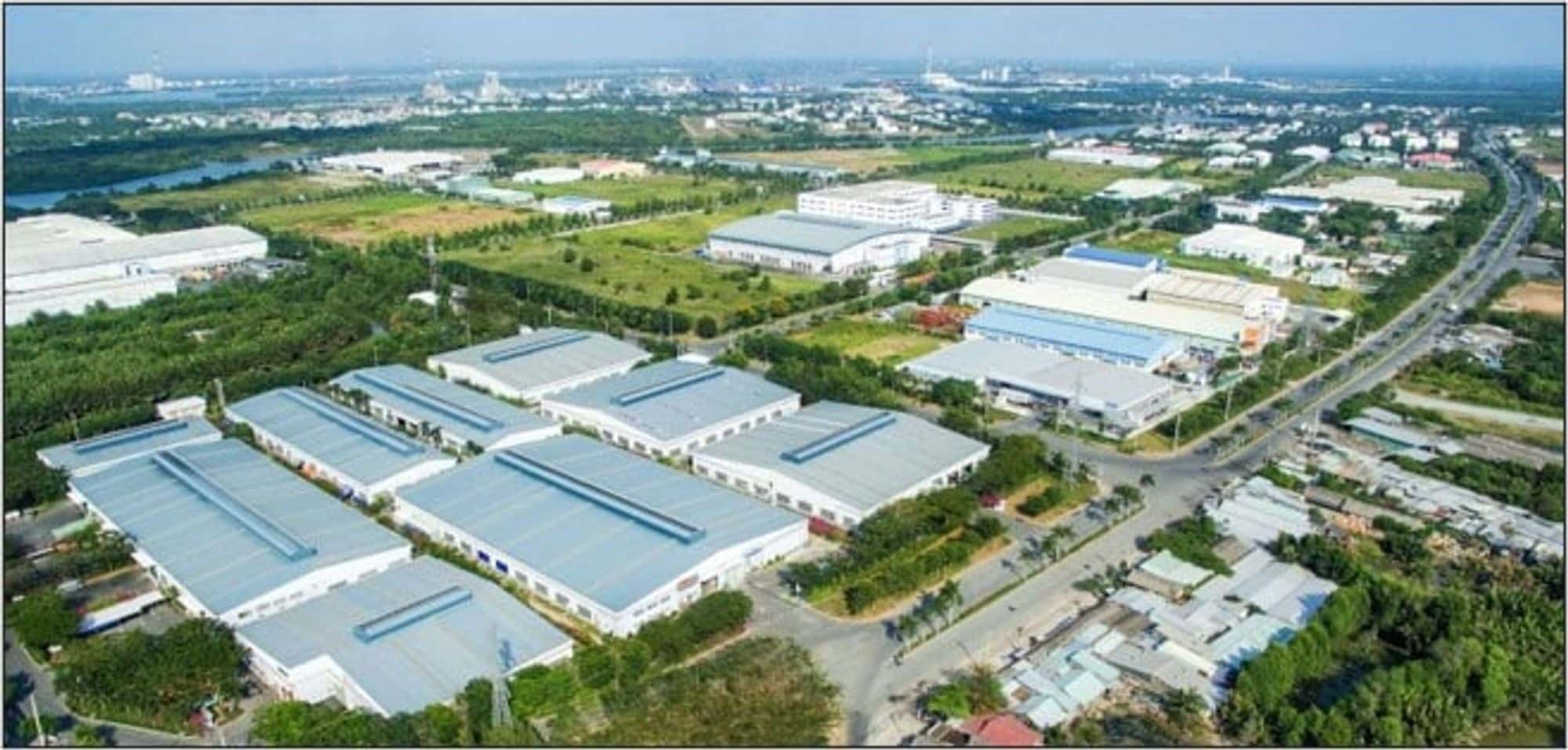
Can you buy land in Vietnam?
Vietnam, a dynamic and fast-rising Southeast Asian country, has emerged as a desirable location for international investors looking for potential economic possibilities. Vietnam provides enormous potential for individuals wishing to diversify their investment portfolio due to its rapid economic development, political stability, and friendly business climate. The real estate industry, which has become a magnet for foreign money, is one of the important areas that has received substantial attention.
Foreign investment is critical to the growth and development of Vietnam’s real estate market. The infusion of foreign cash has helped move the market ahead as the Vietnamese government has developed favorable regulations to entice global investment. Foreign investment not only contributes to the country’s overall economic growth, but it also supports job creation, infrastructure development, and technical improvements.
Reasons to Invest in Vietnam’s Industrial Land
Investing in land in Vietnam can offer numerous benefits for both local and foreign investors.
– Firstly, Vietnam’s rapidly growing economy presents significant potential for capital growth, with land values in major cities.
– Additionally, Vietnam’s population of nearly 100 million people and rising middle class creates strong demand for housing and commercial real estate, making land an attractive investment option.
– When compared to other countries in the region, investing in industrial land in Vietnam can be a more cost-effective option. The cost of industrial land in Vietnam is generally lower than in other Southeast Asian countries, such as Thailand or Malaysia, making it more accessible for investors with smaller budgets.
– Furthermore, Vietnam’s real estate market is relatively unexplored, offering untapped potential for those willing to take the risk.
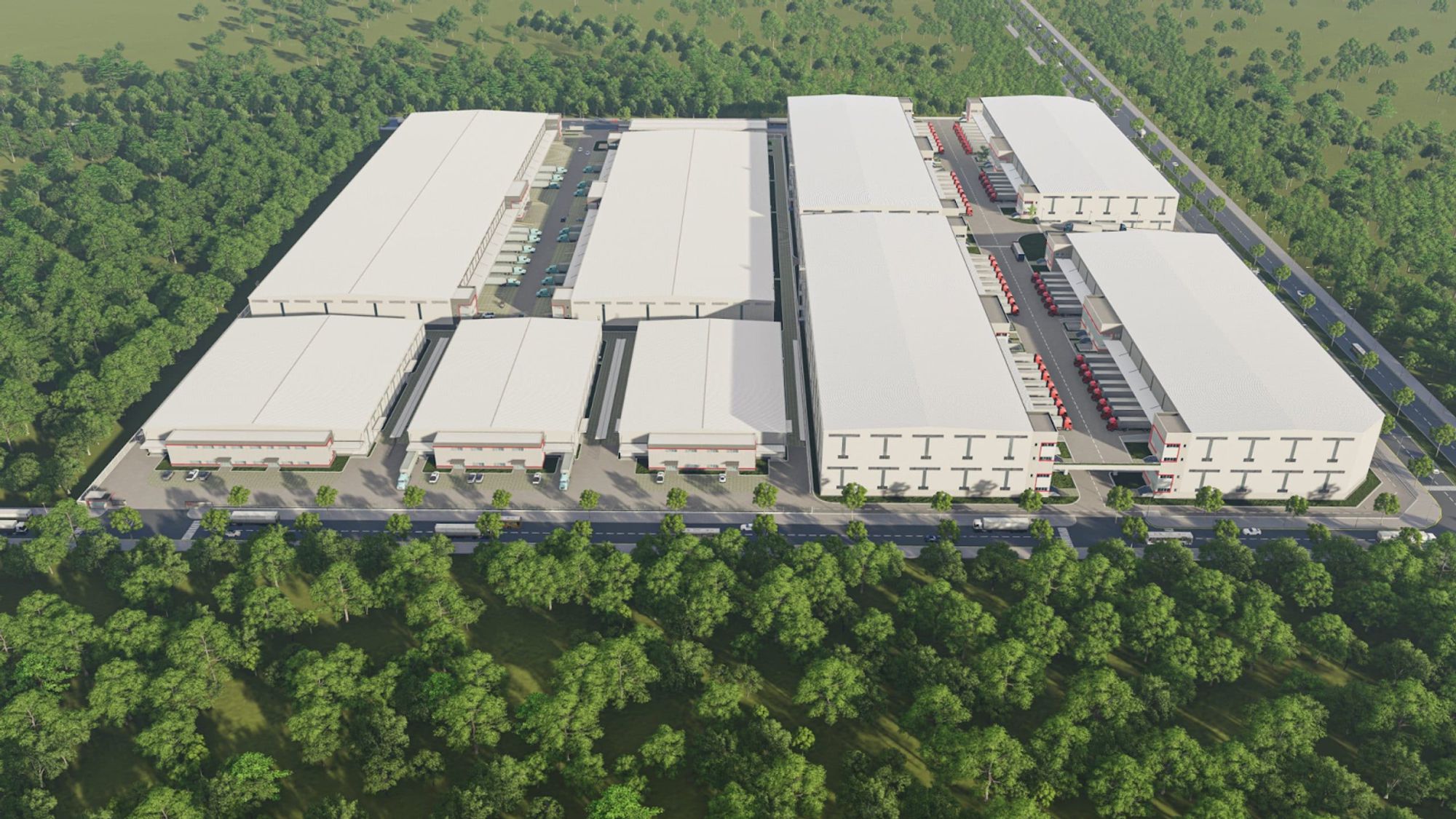
Can foreigners buy land in Vietnam?
However, investing in land in Vietnam also comes with challenges and risks.
– One major challenge is the complex legal framework governing land ownership, which can be difficult for foreigners to navigate.
– Corruption and bureaucracy can also be obstacles for investors seeking to acquire land.
– In terms of risks, fluctuations in the economy and changes in government policies can impact the real estate market, potentially affecting the value of land investments.
Factors to Consider When Buying Land in Vietnam
As a rapidly growing economy in Southeast Asia, Vietnam is becoming an attractive destination for foreign investors seeking new opportunities in real estate investments more than ever.
However, purchasing land in Vietnam can be a complex process, especially for foreigners who are not familiar with the country’s legal and cultural systems. Below are some factors that foreign investors should consider when buying land in Vietnam.
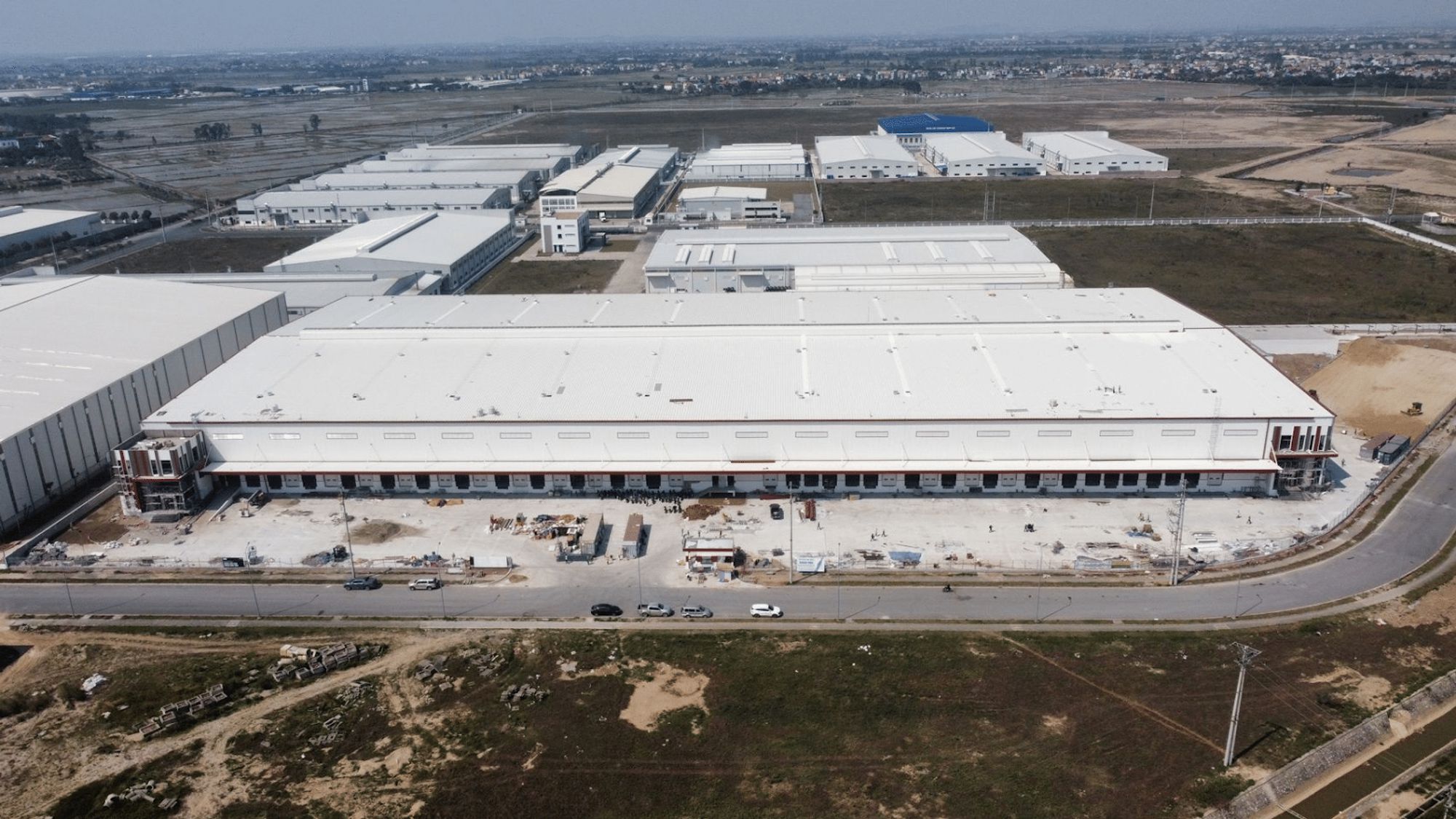
How to buy land in Vietnam?
Understanding legal regulations
Several significant laws and regulations affect foreign investors’ land ownership in Vietnam. The Law on Land, which was approved in 2013, is the fundamental piece of law in Vietnam that establishes the broad concepts, rights, and duties linked to land. Furthermore, the Law on Real Estate Business and the Law on Involvement give further advice on land ownership and foreign entity involvement. Here are some of the key regulations to keep in mind:
1. While the Vietnamese legal structure permits foreign investors to hold property, there are several limits and restrictions to be aware of. The most prominent limitation is that foreign persons and organizations are only permitted to obtain land-use rights, sometimes known as “leasehold” rights, rather than complete ownership rights. Depending on the kind and location of the property, leasehold rights may be awarded for a variety of terms, often up to 50 or 70 years.
2. Foreigners are only allowed to acquire land use rights for certain purposes, such as building residential or commercial properties, or for agricultural production. Land ownership is restricted in vulnerable locations like as border regions, national defense and security zones, and some islands. Foreign investors may encounter further challenges in the agriculture industry, as land usage is generally restricted for Vietnamese residents.
3. Despite the constraints, international investors may buy property in Vietnam via legal structures and choices. One frequent way is to form a Vietnamese legal organization, such as a joint-stock company or a limited liability corporation, to buy land. Another possibility is to build alliances with Vietnamese people or groups in order to get access to land-use rights.
4. Long-term leasing arrangements with current landowners allow foreign investors to investigate prospects in the residential and commercial real estate markets. These agreements may safeguard the rights to utilize and develop the property, making them a viable alternative to direct ownership.
Foreign investors may negotiate the intricacies of land ownership in Vietnam and make educated choices that match with their investment aims and objectives by knowing the legal structure, major legislation, constraints, and available solutions.
Conducting Thorough Market Research
Analyzing the Vietnamese real estate market
Before making any investment choices, it is essential to perform a comprehensive examination of the Vietnamese real estate market. This entails examining several aspects, such as market size, growth rate, stability, and overall investment attractiveness. To assess the market’s potential, consider aspects such as population growth, urbanization, and the general economic environment.
Identifying high-potential investment locations and cities
Vietnam has a wide range of investment possibilities in various areas and cities. Determine high-investment-potential locations and cities based on characteristics such as infrastructure development, economic growth, and government activities. Concentrate on regions where real estate is in high demand, such as rising business centres, vacation sites, and industrial zones.
Examining current market trends, demand, and price considerations
Keep current market trends in mind, such as supply and demand dynamics, property types, and developing investment trends. Analyze elements such as rental yields, occupancy rates, and capital appreciation possibilities to determine the market’s profitability. To examine the feasibility of investments, consider factors such as land costs, building expenses, and market competitiveness.
Read More: Land Rent in Vietnam Fluctuates Sharply
and Small Industrial Space for Lease in Vietnam
Researching the cultural, economic, and political influences on the real estate industry
Understanding the cultural, economic, and political variables that drive the Vietnamese real estate market is critical. Cultural variables include local population tastes and practices, which may influence the sorts of assets in demand. The buying power and demand for real estate are influenced by economic variables such as GDP growth, inflation rates, and employment rates. Government policies, laws, and stability are examples of political influences that may influence market conditions and investment prospects.
Foreign investors might acquire useful insights into the Vietnamese real estate industry by undertaking extensive market research. This information aids in the identification of high-potential sectors, understanding market dynamics, and making educated investment choices that are in line with market demand and profitability.
Finding a Reputable Real Estate Agent
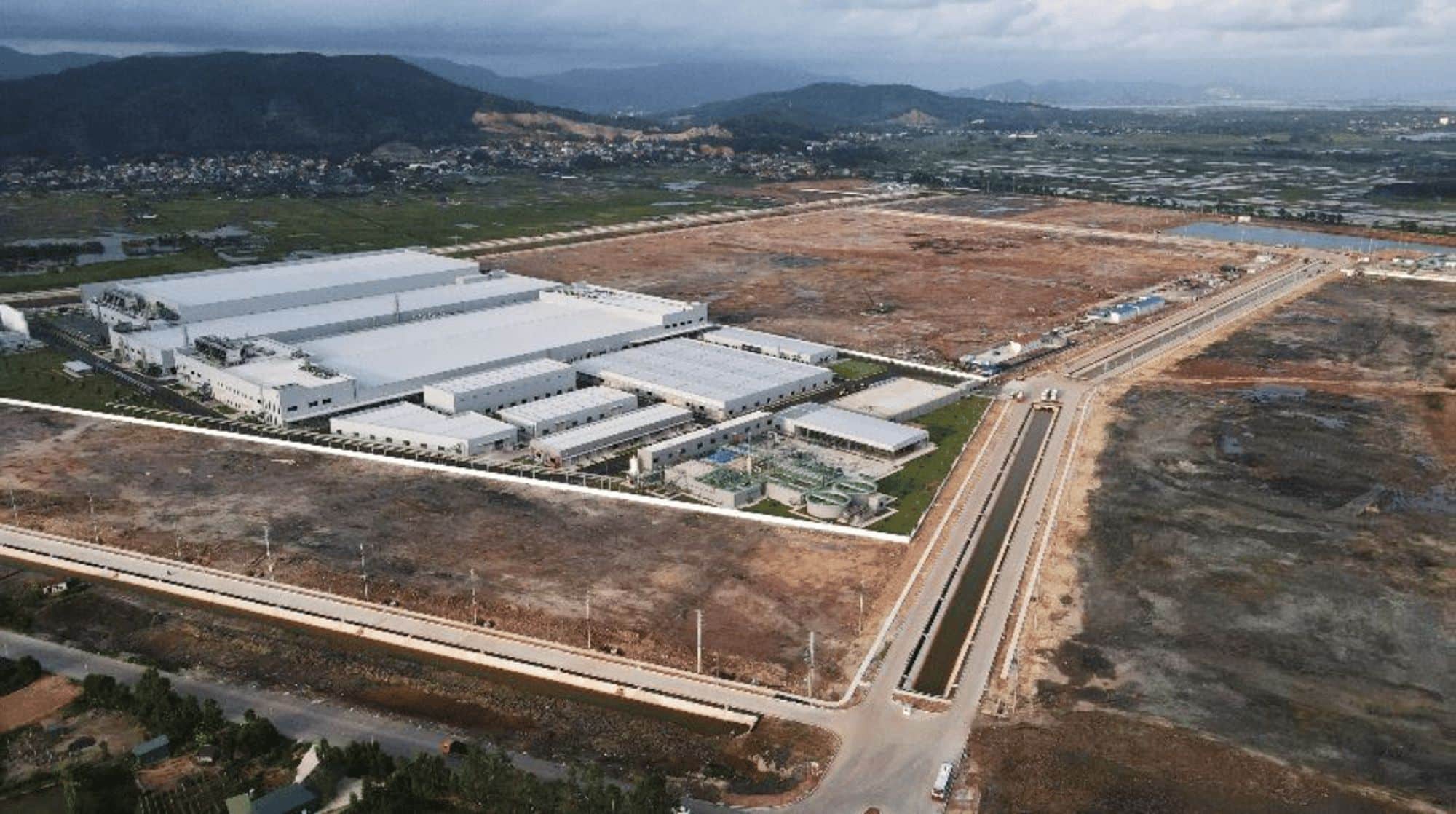
It is important to find a reputable real estate agent in Vietnam
Finding a reputable real estate agent in Vietnam is crucial for anyone looking to buy or sell property in the country. A trustworthy agent can help navigate the complex legal framework and ensure that transactions are conducted legally and transparently. They can also provide valuable insights into the local market and help negotiate favorable deals for their clients.
There are several factors to consider:
– Look for agents who are licensed and registered with the local real estate association and have experience working with foreigners
– Ask for references or referrals from previous clients to gauge their reputation and level of service.
– Make sure to interview multiple agents and compare their services and fees before making a decision.
Finding the Ideal Industrial Land in Vietnam for Investments
Before investing in land in Vietnam as a foreign investor, conducting thorough due diligence is crucial. This entails examining several aspects, such as market size, growth rate, stability, and overall investment attractiveness. To assess the market’s potential, consider aspects such as population growth, urbanization, and the general economic environment.
Vietnam has a wide range of investment possibilities in various areas and cities. Determine high-investment-potential locations and cities based on characteristics such as infrastructure development, economic growth, and government activities. Concentrate on regions where real estate is in high demand, such as rising business centres, vacation sites, and industrial zones.
Vietnam has three major economic zones that are key drivers of the country’s economic growth. The Northern Economic Zone is focused on manufacturing and infrastructure development, while the Central Economic Zone prioritizes tourism and renewable energy. The Southern Economic Zone is a major industrial and commercial center, attracting foreign investment and contributing significantly to Vietnam’s economy.
Each zone offers unique opportunities for investment and development, making Vietnam an attractive destination for businesses and investors looking to capitalize on its growing economy.
Read more: How Much Is The Rental Price Of Industrial Land During The Lease Period
North Economic Zone (NEZ) Land Supply Overview
The North Economic Zone of Vietnam is a region in the northern part of the country that includes the major cities of Hanoi and Hai Phong. As a key economic hub and home to several major industries such as manufacturing, agriculture, and tourism, the region has been targeted for significant infrastructure development and is expected to see continued economic growth in the coming years.
Listed below are some of the available industrial properties that we recommend:
SBG_L23 Logistics Land for Sale in Bac Giang
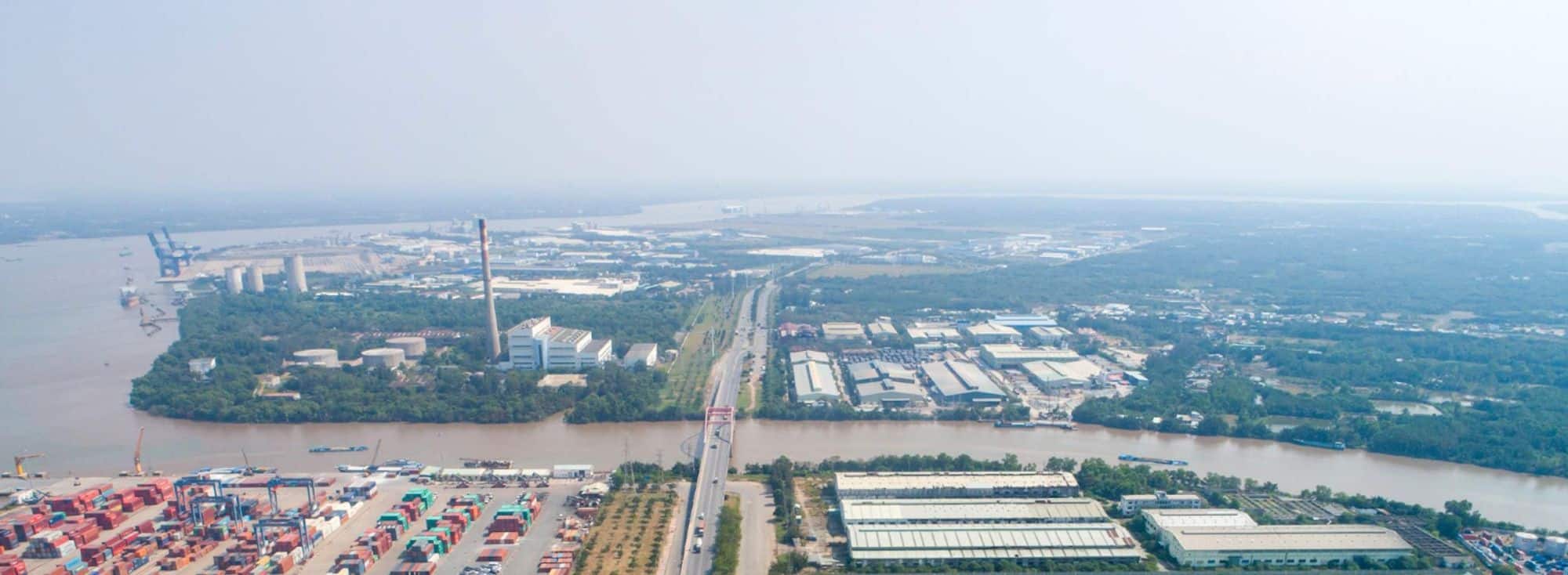
SBG_L23 Logistics Land for Sale in Bac Giang
Modern logistics park with international standard facilities including warehouse, distribution center, and processing export area available for sale/acquisition on up to 15 ha of land. Located in Bac Giang, a strategic location just an hour away from Hanoi’s CBD, it is ideal for logistics and e-commerce investments seeking access to the capital’s consumer markets.
– Total area: 66 ha
– Vacant area: 15 ha
– Price: Contact
– Commercial
+ Lease term: 2066
+ Deposit: 20% of total purchase value
+ Legal status: LURC; LUF: annual payment.
– Technical
+ Power supply: Station – 110kV; Capacity – 2x40MVA; 35kV.
+ Water supply: Capacity – 23m3/ha/hour
+ Waste treatment: Collection rate – 80%; CTR standard – 0.3 ton/ha.
SHN- L31 Industrial Land for Sale in Ha Noi
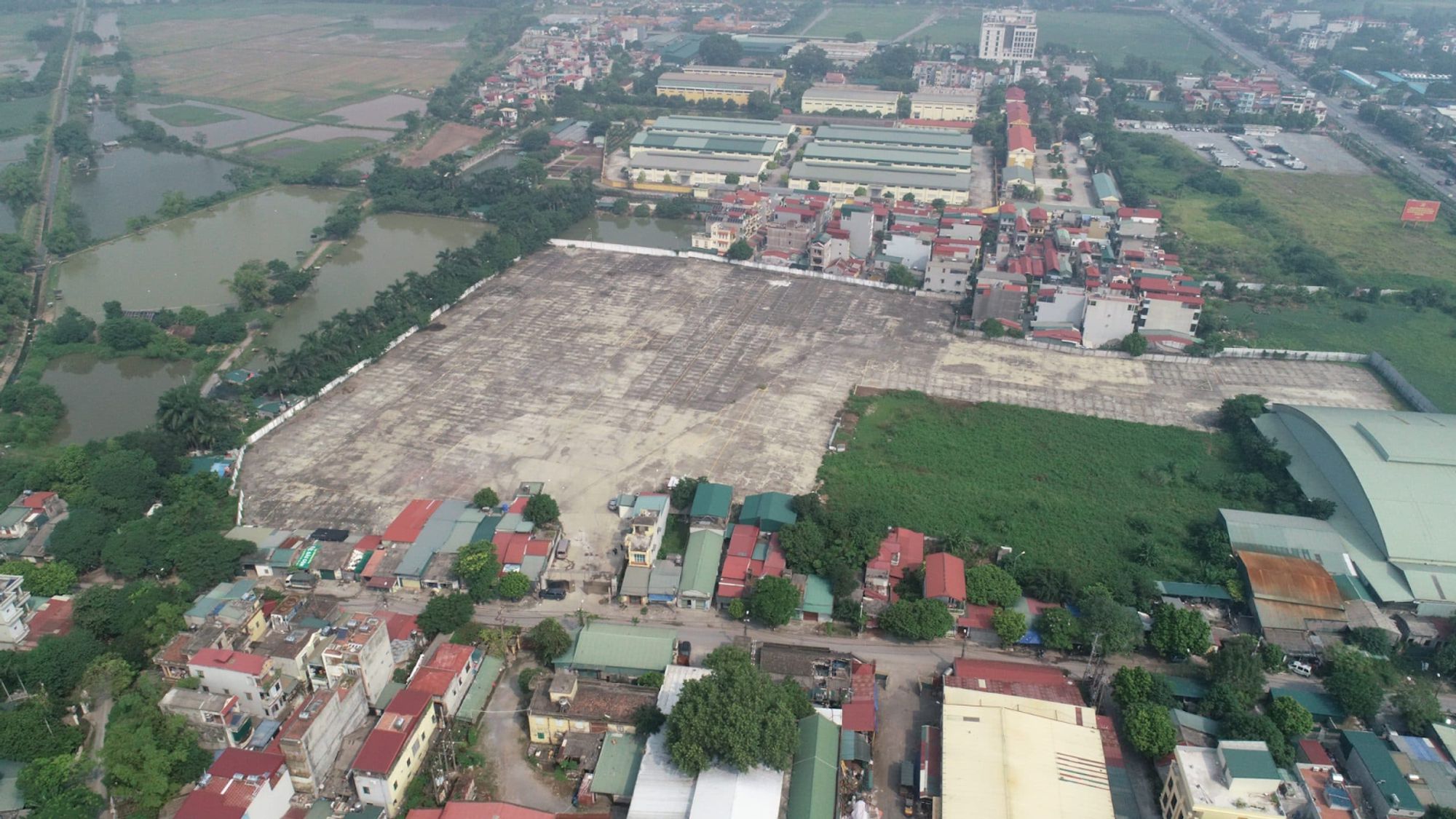
SHN- L31 Industrial Land for Sale in Ha Noi
This 3.7-hectare project in south Hanoi offers a strategic location for investors in various industries. It is conveniently accessible via multiple routes and benefits from nearby transportation projects like Ring Roads 3, 4, and 5, Ngoc Hoi Bridge, Me So Bridge, and the Ngoc Hoi Station Complex.
– Total area: 3.75 ha
– Vacant area: 3.75 ha
– Price: Contact
– Commercial:
+ Lease Term: 2060
+ Transfer method: Transfer 100% equity shares to investors
+ Legal status: LURC: confirmed by the owner
+ Land Use fees: Paid annually
Central Economic Zone (CEZ) Land Supply Overview
The CEZ is a hub for industry, manufacturing, and tourism, including Quang Ngai, the region that has seen significant economic growth in recent years and has been targeted for further development and investment.
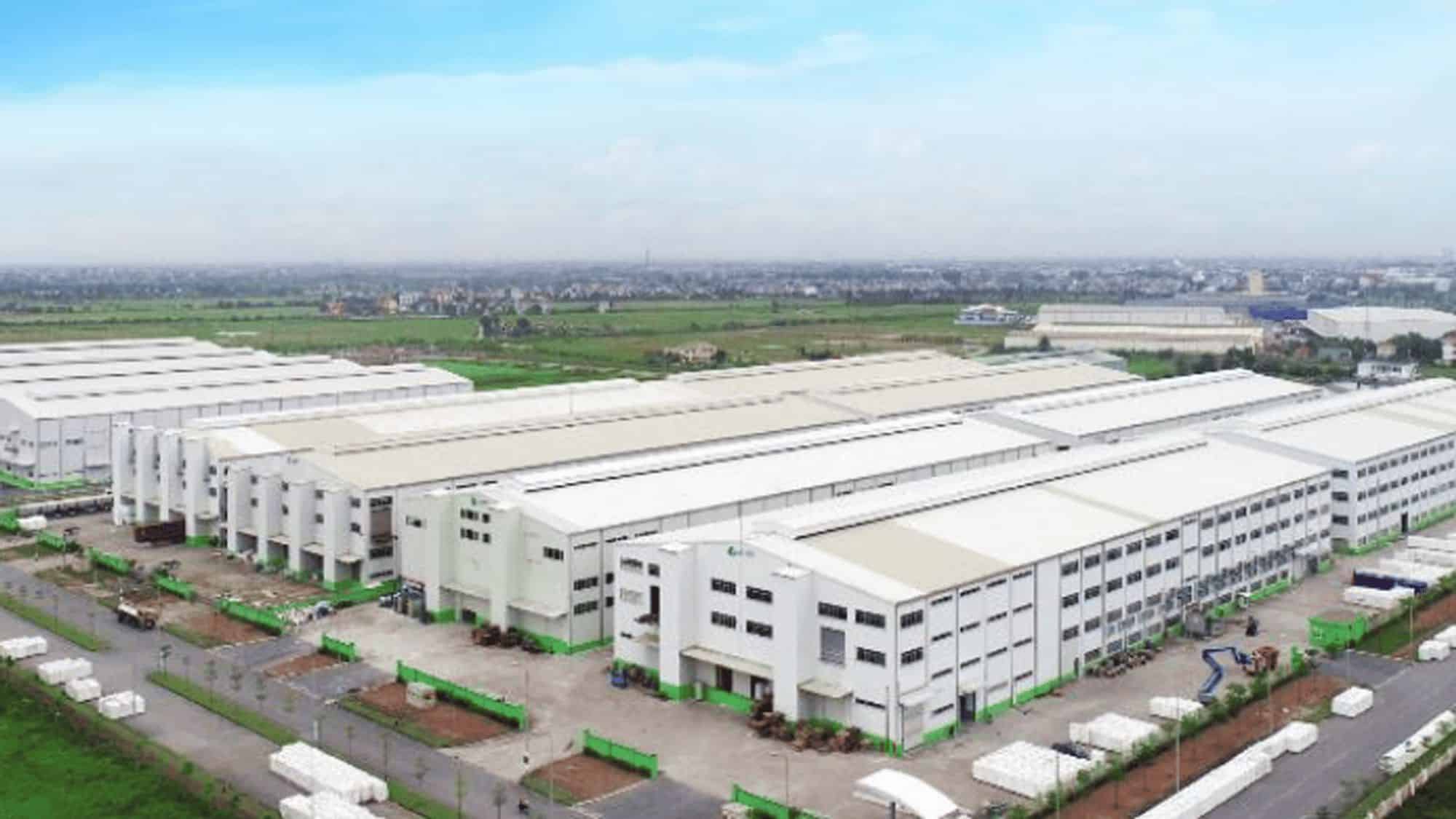
Industrial land for lease in Quang Ngai
Industrial land for lease in Quang Ngai
It focuses on heavy industry complexes and large-scale projects associated with the exploitation and development of Dung Quat deep-water seaport and Chu Lai airport, as well as the formation and development of industrial urban centers such as Van Tuong, Doc Soi, and Sa Ky. The project’s location in the middle of Vietnam makes it a highly accessible and convenient transportation hub in the Dung Quat economic zone.
– Total area: 319 ha
– Vacant area: 150 ha
– Technical
+ Water supply capacity: Capacity of 25,000 m3/day
South Economic Zone (SEZ) Land Supply Overview
With Ho Chi Minh City as its center, the South Economic Zone is a major economic hub and home to several industries, such as manufacturing, finance, and technology. The region is a key driver of Vietnam’s economic growth and is expanding to surrounding areas, such as Dong Nai.
Industrial Land for Sale in Long Thanh, Dong Nai
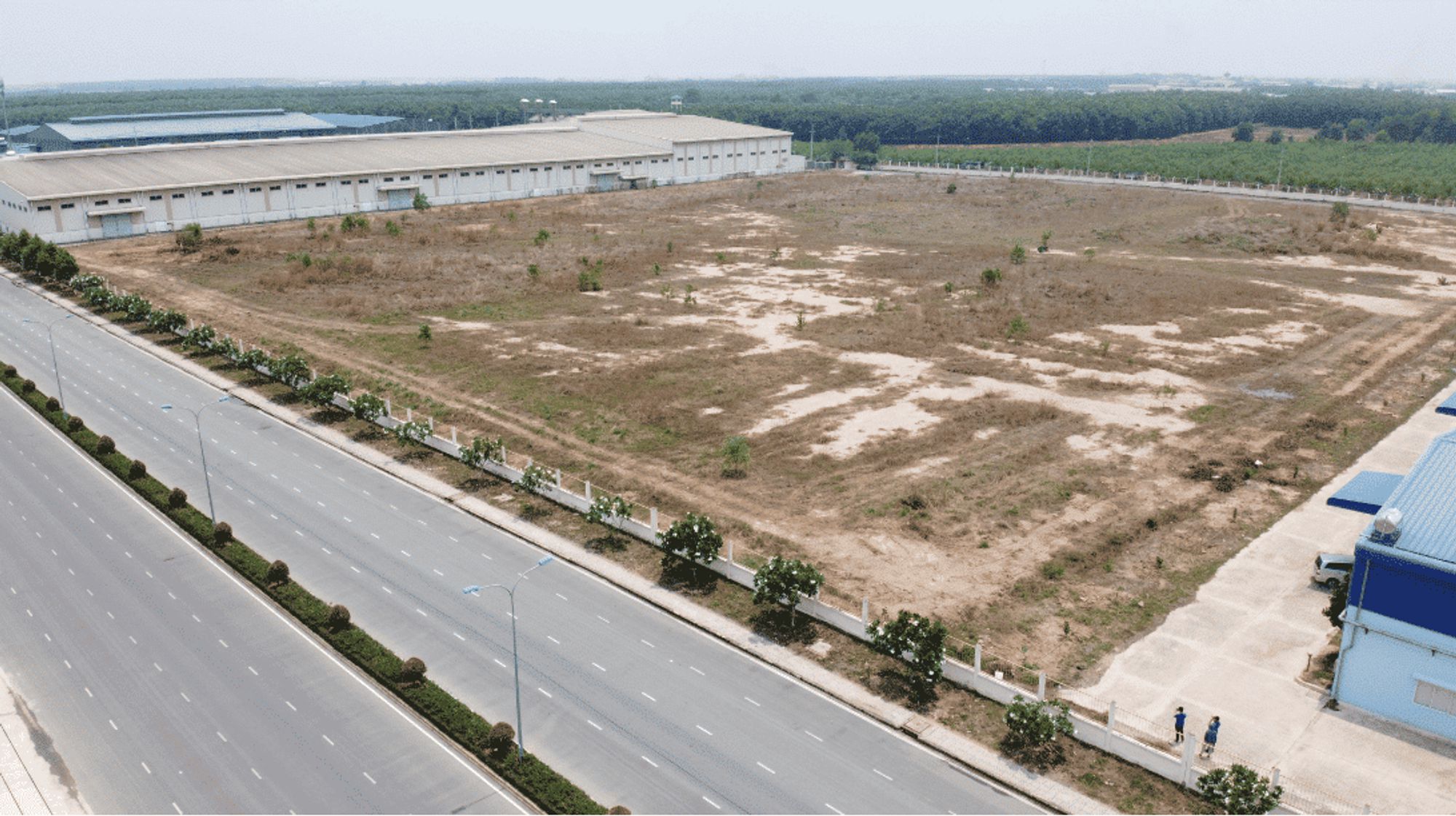
Industrial Land for Sale in Long Thanh, Dong Nai
An 8.3-ha land property with 5 ha of cleared land and 3.3 ha of built-up premises is available for purchase. The land has a long lease term until 2062 and is approved for logistics and RBFs.
– Total area: 8.3 ha
– Vacant area: 8.3 ha
– Price: Contact
– Commercial:
+ Site Breakdown: 5-ha clear land; 3.3-ha built area
+ Land lease term: 2062
+ Land use: Logistics purposes and RBFs
+ Status: Ready for construction
– Technical:
+ Power Supply: 250 kVA provision
+ Water Supply: 20,000 m3/day
+ Waste Treatment: 4,000m3/day-night
+ Telecommunications: Optical fiber system available
Read More: Industrial Land Price in Vietnam: Continues to gain traction
Conclusion
Aside from the above factors, investors should also conduct due diligence on the seller or developer of the land. This includes researching the seller’s background and reputation, as well as any legal or regulatory issues associated with the land. Investors should also consider any environmental or social impacts associated with the development of the land.
With a team of experienced professionals and extensive industry knowledge, Savills Industrial can guarantee to provide you with bespoke solutions. Whether you are looking for valuation services, or require expert advice on market trends and investment opportunities, Savills Industrial – industrial real estate services has the expertise to help. Contact Savills Industrial today to learn more about how we can help you achieve your industrial property goals.



